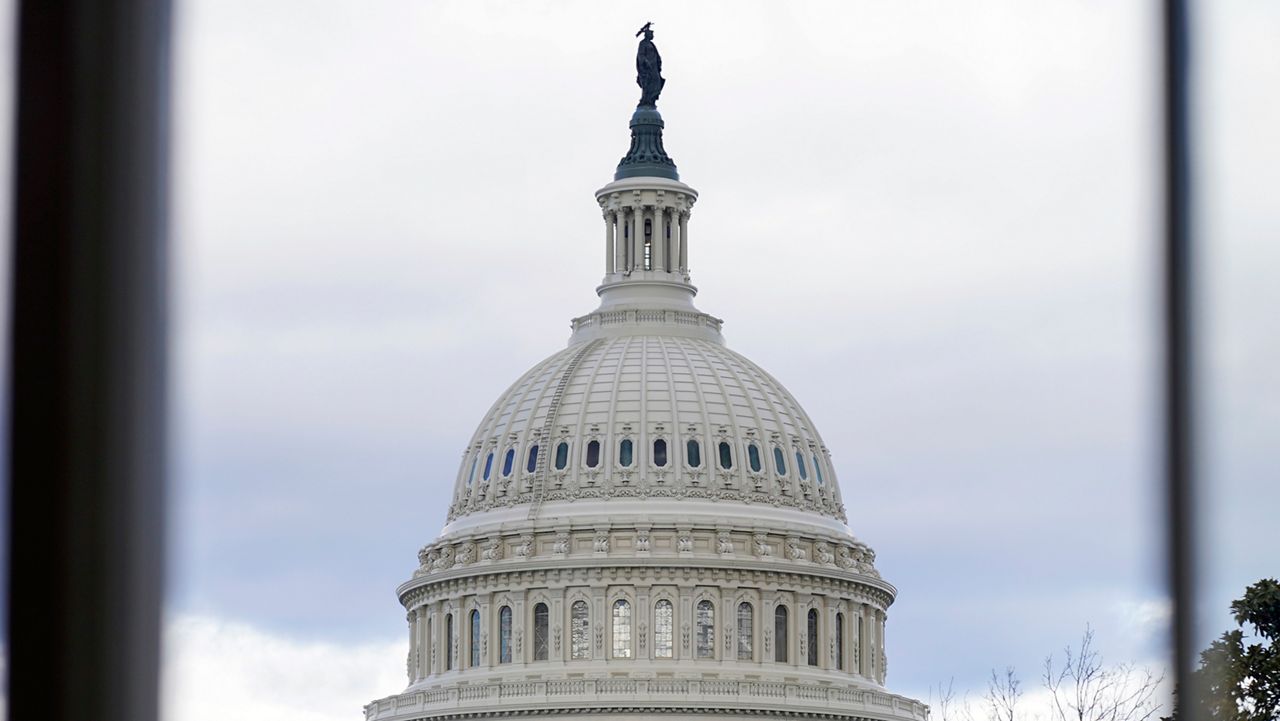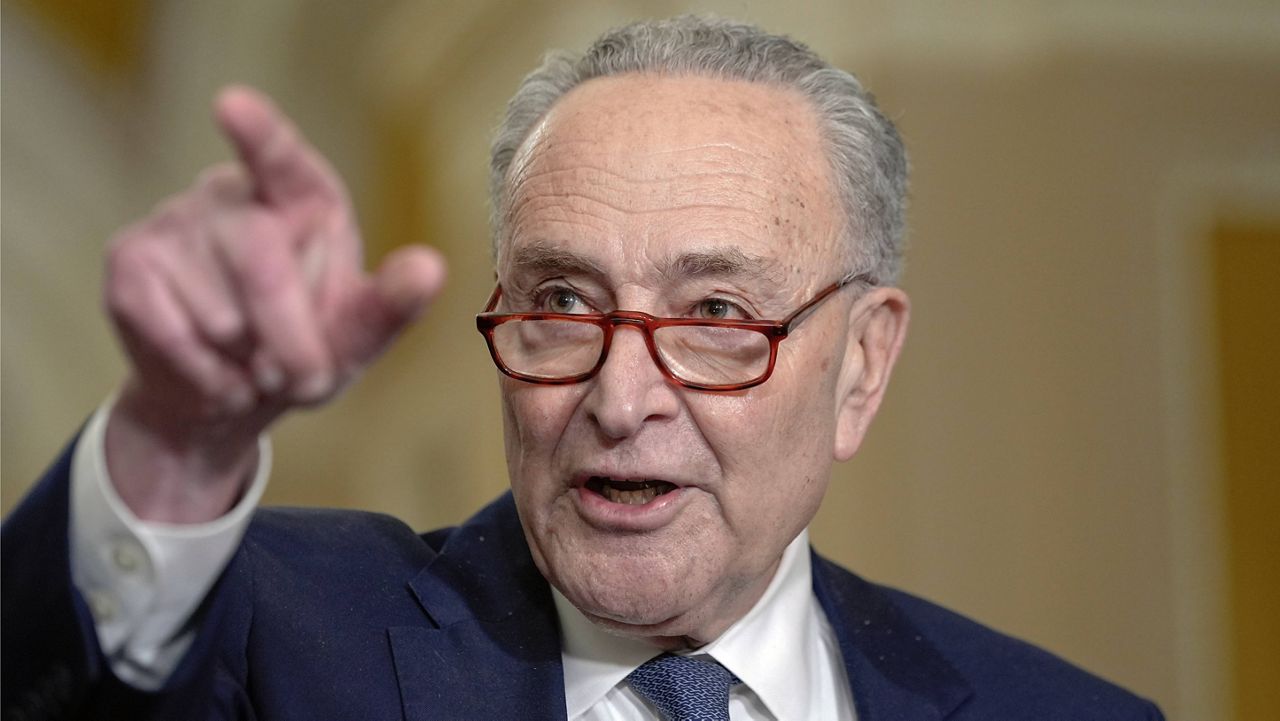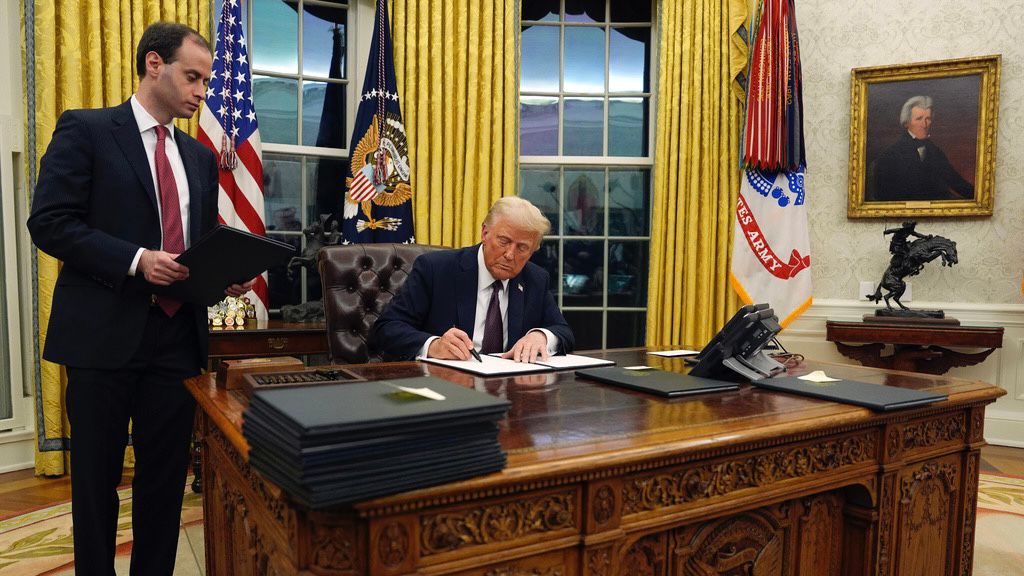Members of Congress could be banned from trading individual stocks if legislation crafted by a group of bipartisan Senators is passed.
Introduced Wednesday, the Ending Trading and Holdings in Congressional Stocks, or ETHICS Act, would prohibit members of Congress and their immediate family members from selling and buying stocks, commodities or futures.
On Wednesday, Sens. Jeff Merkley, D-Ore., Josh Hawley, R-Mo., Jon Ossoff, D-Ga., and Gary Peters, D-Mich., said they had reached an agreement to ban stock trading on Capitol Hill. If passed, a member of Congress who violates the law would be penalized in the amount of one month’s salary or 10% of the value of the asset they had sold or purchased.
The law would ban Congress members from selling and buying stocks 90 days after the bill becomes law so they could divest themselves of their holdings or place them in a qualified blind trust with a divestiture requirement. It would also ban their spouses and dependent children from stock trading as of March 2027.
The bill heads to the Senate Homeland Security and Governmental Affairs Committee on July 24.
The ETHICS Act isn’t the first to address stock trading by members of Congress. In 2012, the Stock Act was signed into law, preventing lawmakers from using insider information to trade stocks, but it is not enforced.
“With trust in government at an all-time low, it is more important than ever for members of Congress to show they are working for the American people, not their own pocketbooks,” CEO Joshua Graham Lynn of the nonpartisan RepresentUS group said in a statement. “This news is a long overdue step in the right direction and a much-needed sign that Democrats and Republicans are still capable of settling their differences aside to get things done.”









